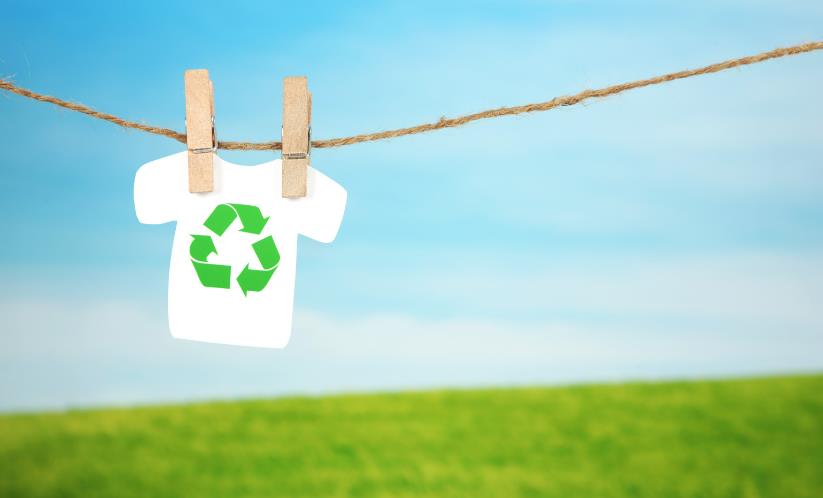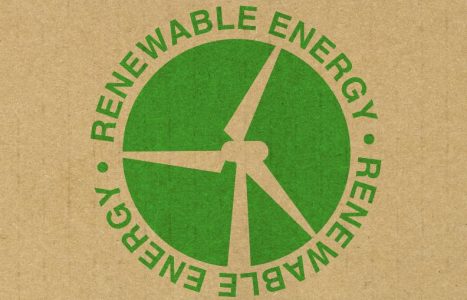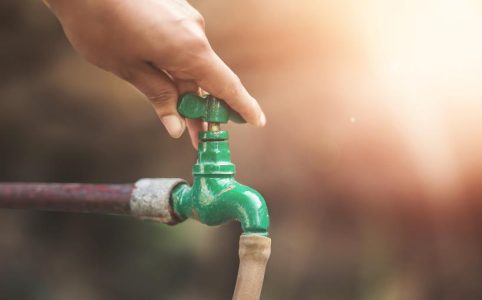
Ways to Become Environmentally Friendly
All of our environmental problems fit together like a puzzle; you can’t just point at one company or practise and assign blame for everything.
We will quickly establish a whole ecology of living that encourages sustainability the more each of us contributes. Learning the fundamentals of what can be done in each area of life to improve environmental sustainability is the first step.
To change your awareness and resource use, the next stage is to start learning how to make new decisions on a personal level. There are more methods than you may imagine to start practising conservation, and the changes are surprisingly simple to accomplish.
Ways to Become Environmentally Friendly
Invest in Eco-friendly Technology

Make sure your technology is as energy-efficient as it can be. By doing this, you save money, reduce your energy production, and use a lot less energy while the device is on.
Don’t Just Dispose of Things
When appliances like lawn mower malfunction or stop operating, learn to consider your options before throwing them out or fixing them. Repairing them is more cost-effective than throwing them away. It’s best to have the ability to fix your own appliances or to learn how to do it yourself. By doing this, you can save time, money, and effort on buying new stuff while also honing your talents.
Switch to Renewables

Wonderful eco-friendly advice for any home is to switch to an energy provider that uses only renewable energy. Anyone can do it; it’s easy and hassle-free to convert, and all the electricity you use when on a 100% renewable tariff has practically no carbon in it!
Environmentally Friendly Business
It takes more effort to run a green firm than just agreeing to a cap-and-trade agreement.
Everything that can be done can help businesses become more environmentally conscious, including how items are exhibited and sold, how waste is recycled, and whether or not adjustments can be made to the fundamental ways they operate.
The management of supply can be heavily stressed in non-producing businesses.
Purchasing locally isn’t always the best ethical course of action, but it sometimes is. Another crucial responsibility of the environmentally friendly firm is how it supports its community’s environmental conservation activities.
Recycle Waste
The majority of the appliances we use at home are disposed of in landfills, which are bad for the environment. We should recycle the majority of our waste if we want to reduce the quantity we send to landfills.
Plastic, paper, glass, and metal, for instance, are recyclable and reusable materials. Prior to recycling, you should understand how to separate items and recycle them in accordance with the materials they are comprised of.

With the exception of paper products that contain plastic or metal, almost all paper products can be recycled. Similar to how there are plastic types that can be recycled and those that cannot. Water bottles made of plastic that contains polystyrene terephthalate can be recycled, whereas clear plastic food wrappers made of polyvinyl chloride cannot.
The same holds true for recycling glass and metal. If this sounds complicated and you’re unsure of how to recycle your waste, you may engage an environmentally friendly garbage removal service to handle it for you.
Use Solar Panels
solar panels limit the number of carbon emissions discharged into the environment. Solar panels are environmentally friendly. They produce energy from sunshine, which lowers their energy costs also.
Eat less meat

Consuming less meat can have a major impact. Being more ecologically responsible includes being aware of what you consume. Even for only two or three days a week, cutting out red meat and switching to a more plant-based diet can make a major difference in lowering your carbon footprint.
Plant Trees
For us to survive, trees are essential. They produce fruit, clean the air, shelter animals, and stop soil erosion. Your home will use less energy and stay cool even in the hottest summer months if the area around it is shaded.
Plant little trees near your house, avoid felling large trees unless absolutely essential and collaborate with neighbourhood environmental organisations to encourage the planting of more trees and spread awareness of their benefits.
Conserve Water
Since it takes a lot of energy to pump water from rivers or lakes into your home, water needs to be saved. Water conservation lowers the amount of energy required to filter it.

Take brief showers, mend leaky pipes, keep the faucet flowing while you brush your teeth, recycle water in your home, use water-saving appliances, and collect rainwater in a rain barrel to water your grass are a few ways to conserve water.
Use Eco-friendly Cleaning Cloths
Choose environmentally friendly wipe materials, such as compressed natural cellulose sponges instead of paper towels or disposable cloths. Cloth towels are completely eco-friendly and reusable.
So you can see, being environmentally friendly doesn’t have to be that challenging to make it a daily reality.
We only want you to be aware of all the options, even though this list may seem overwhelming. Pick a few tasks that you can complete. No matter how many you decide on, as long as you start right away!